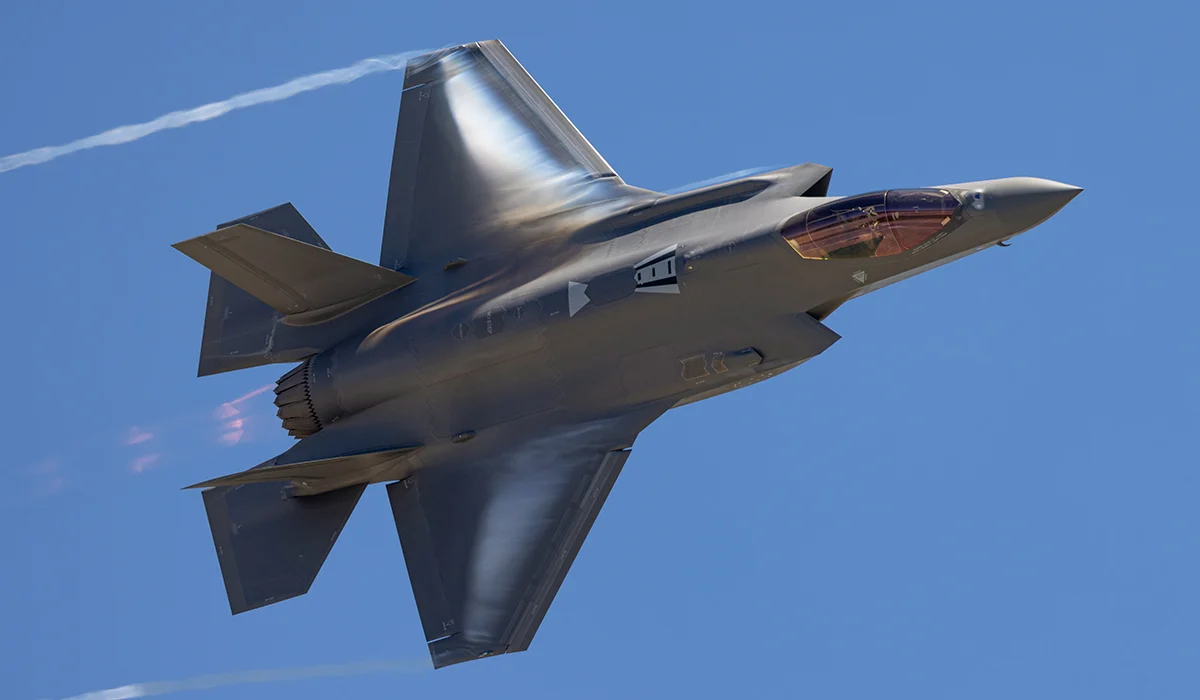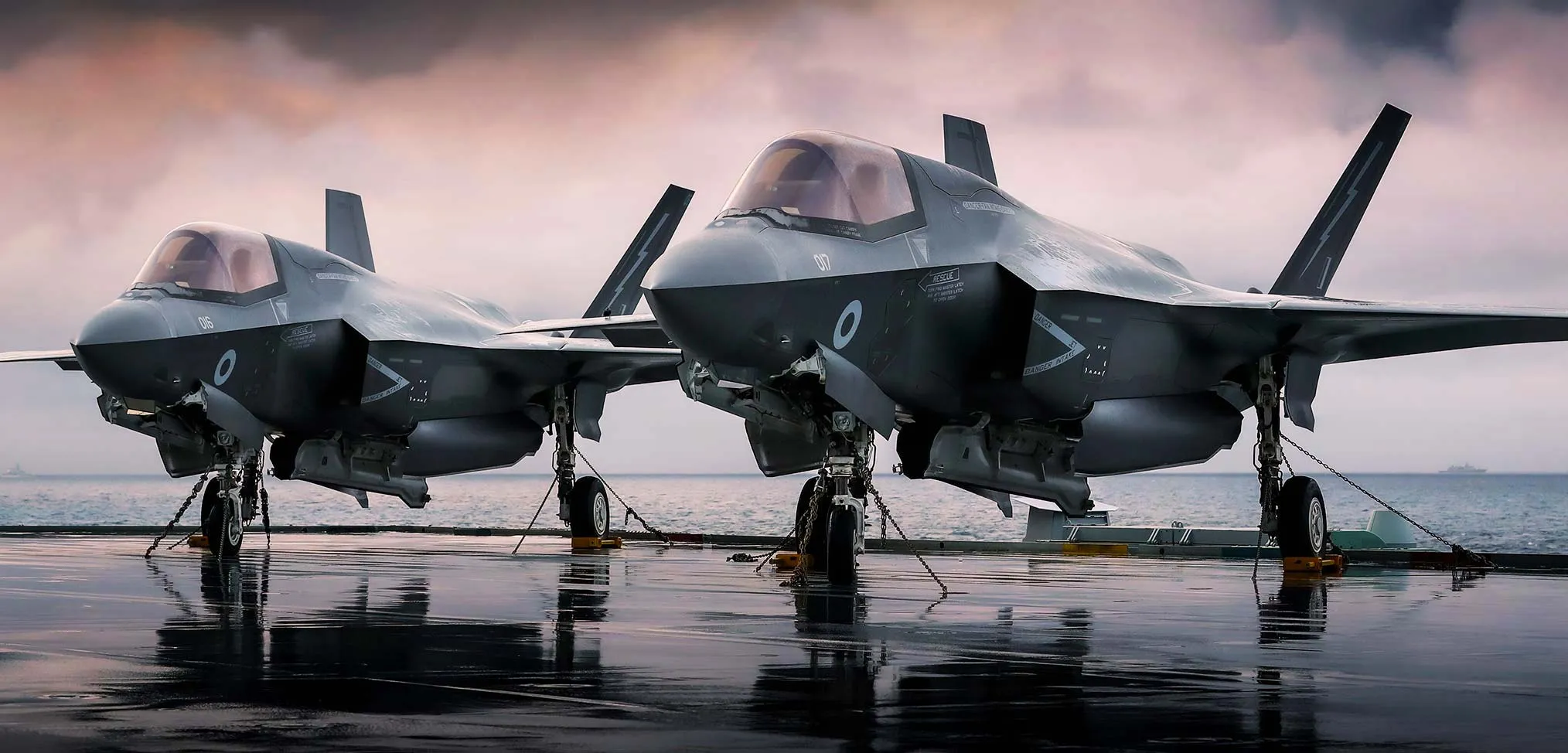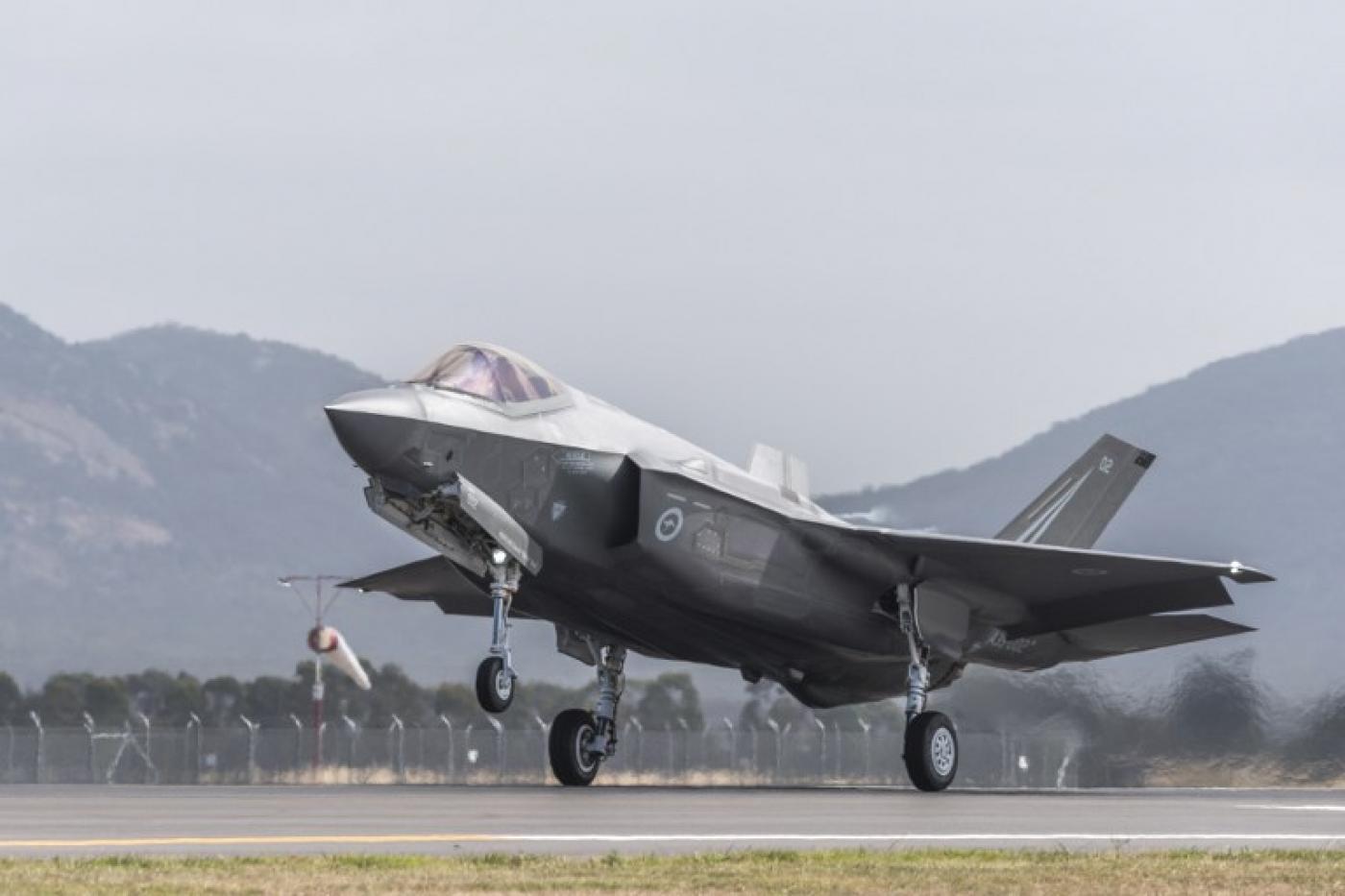Germany’s F-35 Deal Under Fire Amid Fears of U.S. “Kill Switch” Capabilities
Concerns over the possibility of Washington employing a so-called “kill switch” to disable the highly advanced F-35 fighter jets in pursuit of its political agenda have intensified following Trump’s recent decision to suspend military aid to Ukraine in an attempt to pressure Kyiv into making peace with Russia.
(DEFENCE SECURITY ASIA) – Germany’s planned acquisition of 35 fifth-generation F-35 Lightning II fighter jets has ignited a firestorm of debate, with mounting concerns that the United States, under President Donald Trump, could wield remote deactivation capabilities to serve its own geopolitical interests.
Fears over Washington’s ability to trigger a so-called “kill switch” in the cutting-edge aircraft have surged in response to Trump’s recent actions regarding Ukraine, raising uncomfortable questions about sovereign control over U.S.-supplied weaponry.
The €8.3 billion (RM39.7 billion) agreement, which will see Lockheed Martin’s state-of-the-art F-35s delivered to Germany starting next year, has morphed into a broader discourse on Europe’s heavy dependence on American-made military technology—and the potential risks that come with it.
For years, speculation has persisted over whether the U.S. retains override capabilities in its most advanced weapons systems, including the F-35.
However, recent geopolitical developments have injected fresh urgency into the debate, with some fearing that Washington could exert direct operational control over foreign-operated F-35s if political circumstances demand it.
These anxieties have only deepened following reports that U.S.-supplied F-16 fighter jets in Ukraine abruptly ceased functioning—not due to direct deactivation, but because Washington halted support for their electronic warfare systems.
This revelation has fueled suspicions that a similar intervention could be executed on Germany’s F-35 fleet in the future.

Adding weight to these fears, the U.S. recently refused to upgrade the AN/ALQ-131 electronic warfare system installed on Ukraine’s F-16s, a critical component intended to counter Russian air defense threats.
This decision significantly hampered the aircraft’s combat effectiveness, amplifying concerns that Germany’s F-35s could face similar operational restrictions at Washington’s discretion.
“If we must worry that the United States could do to Germany’s F-35s what it is currently doing to Ukraine’s F-16s, then the issue of contract cancellation must be taken into consideration,” Wolfgang Ischinger, former Chairman of the Munich Security Conference, warned in remarks quoted by Bild.
Efforts to reassure European stakeholders have been mixed. Last week, Belgium’s Chief of Defence, General Frederik Vansina, sought to dispel concerns, insisting that the F-35 is “not a remotely controlled aircraft”.
Meanwhile, Switzerland’s Defence Ministry emphasized that its own F-35 fleet could be operated autonomously.
However, the Swiss Defence Ministry also acknowledged a critical limitation—no advanced Western fighter jet is entirely independent of U.S.-controlled secure data communication systems and GPS satellite navigation.
This admission has intensified doubts about whether Germany can truly operate its F-35s without American oversight.

Thus far, Washington has remained silent on whether it possesses the capability to remotely disable or restrict weapons it has sold or leased to allied nations.
Germany is not the first nation to question the potential constraints of purchasing U.S. military hardware.
In 2021, the United Arab Emirates (UAE) made the unprecedented move of indefinitely suspending its planned purchase of 50 F-35s, a deal worth $23 billion (RM101 billion) that also included drones and advanced munitions.
A UAE official justified the decision by citing “sovereign operational restrictions” imposed by Washington.
Additionally, technical requirements and an unfavorable cost-benefit analysis were listed as contributing factors in the suspension of the contract.
As Germany prepares to take delivery of its F-35 fleet in 2026, the political and strategic calculus surrounding the deal is shifting.
Some German lawmakers now openly question whether Berlin—like the UAE—should have refrained from the purchase altogether.
“We must examine this issue thoroughly and with great caution,” Ingo Gädechens, a former military officer and member of Germany’s governing CDU party, told Bild.
“If we are investing such an enormous sum in a weapons system like the F-35, we must have absolute control over its use.

Germany’s F-35 procurement was initially seen as a landmark decision, reinforcing NATO’s air power while ensuring Berlin had access to the world’s most advanced combat aircraft.
However, the shadow of potential U.S. intervention has transformed the deal into a lightning rod for debate, raising profound questions about military autonomy, European defense independence, and the true cost of reliance on American technology.
With the precedent set by Ukraine’s F-16 experience and the UAE’s decision to walk away from its own F-35 deal, Germany now finds itself at a strategic crossroads—one that may define its future in global military partnerships.
– DEFENCE SECURITY ASIA


